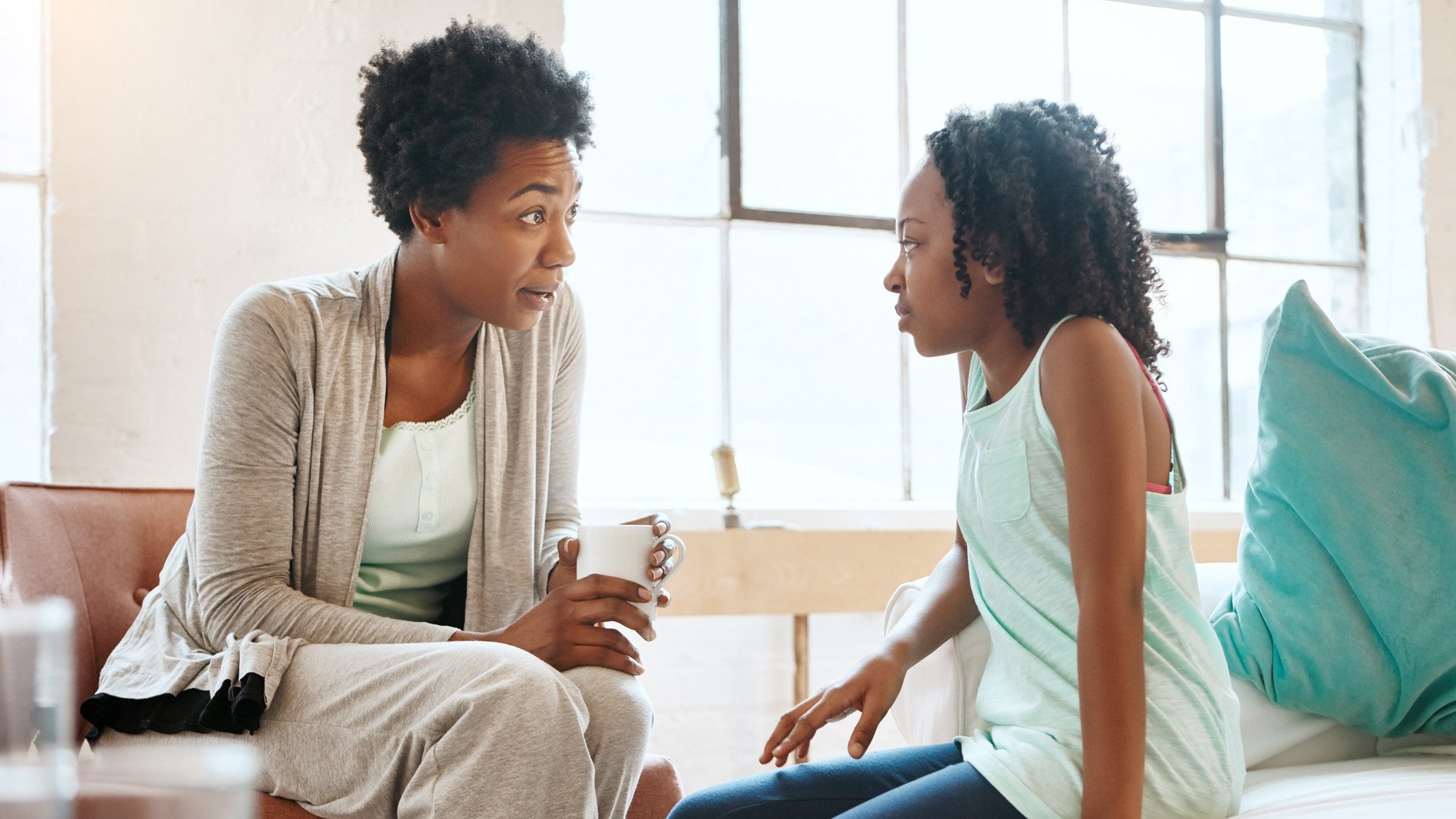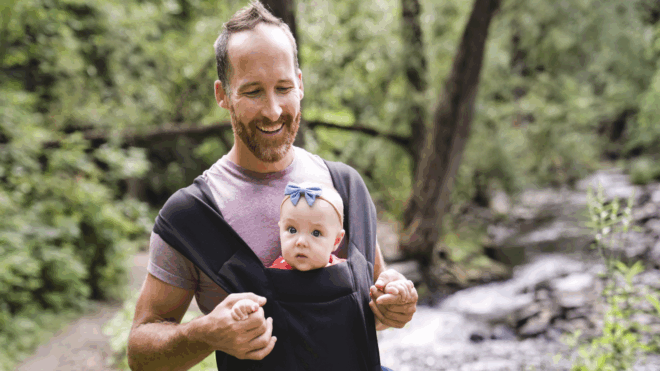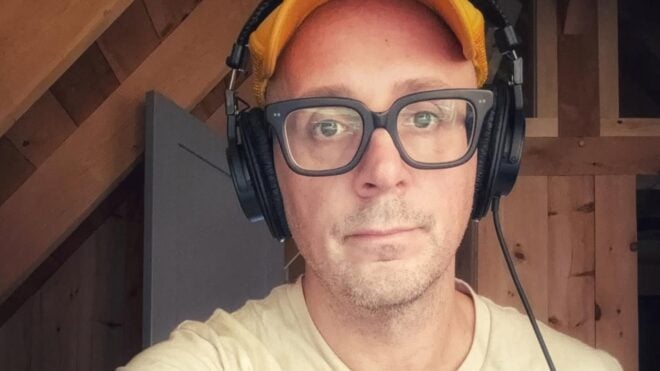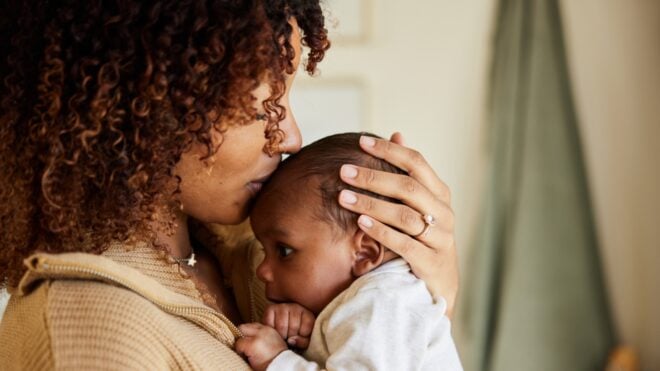
The news has been consumed with the devastation from the Israel-Hamas War that broke out just one week ago. As parents, we hope to preserve the time when our children believe in mythical creatures instead of being aware that people who want to hurt others exist. It can feel overwhelming as a parent to know how to navigate our own feelings around the war, let alone know how to shield or inform our own children about what is happening.
More from Mom.com: How to Talk to Kids About Tragedy
Be proactive, but let them take the lead
Knowing whether to bring up the topic is a common question many parents have. It is best to let your child take the lead, especially if they are younger than 8 years old, which is the age that parenting expert Dr. Deborah Golboa told Today.com was appropriate for beginning conversations about war. Even still, it can help to ask your child open-ended questions such as, “Have you heard about anything going on in the world right now?” If younger children have and want to discuss the issue, make sure you are focusing on honest and brief replies while also ensuring safety, such as:
“There is a war happening far away from here, but you are safe.”
Let young children explore their feelings and questions openly to increase a sense of safety. Children more commonly fear what they do not understand, so informing them with honesty and encouraging critical thinking can help them feel empowered around their reactions and feelings. As emotions arise, ensure you are also responding with encouragement and empathy:
“It makes sense to feel (sad/confused/scared/hurt) about the war. You can always come to me and share how you are feeling, this is a big deal.”
Some children, especially at younger ages, may not have noticeable reactions or express emotions, and that is perfectly normal as well. Be careful not to make assumptions about how your child should feel, and rather meet them where they are at.
Talking to older children
The likelihood of older children hearing details about the war is much greater. In those cases, it is best to ask what they know about the war and invite any questions they may have. To support older children, it can also help to remain informed of some of the details so you can correct any misconceptions they may have.
Navigating your response
Remember to pay attention to how you are feeling and whether you have an outlet for processing your own emotions. Children can sense our stress, so caring for yourself is by proxy taking care of them. It is normal and healthy to limit exposure to media and increase self-care individually and as a family during stressful times. It is also OK not to have all the answers, as you can still support your child by creating a sense of safety and open dialogue.



